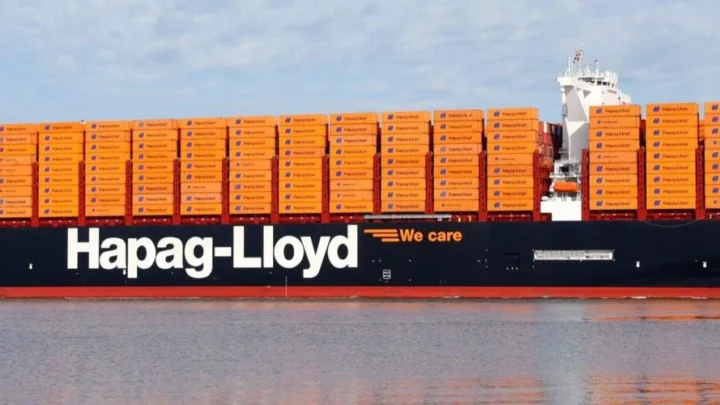
Earlier this year, Hapag-Lloyd, one of the world’s leading container shipping companies, won the first tender by the Zero Emission Maritime Buyers Alliance (ZEMBA) for ocean shipping based on waste-based bio-LNG that achieves at least a 90% reduction of greenhouse gas emissions.
ZEMBA is a first-of-its-kind buyers’ group within the maritime sector with the mission to accelerate commercial deployment of zero-emission (ZE) shipping solutions.
ZEMBA is an initiative of Cargo Owners for Zero Emission Vessels (coZEV) and facilitated by the Aspen Institute Energy & Environment Programme.
Gasum is supplying Hapag-Lloyd with the needed amount of bio-LNG to fulfill the requirements of the ZEMBA tender.
The company’s biomethane is produced from waste feedstocks such as biowaste, sewage sludge, manure and other industrial and agricultural side streams.
The residual solids and liquids created in the biogas production process are further processed and used as, for example, fertilisers in agriculture or raw material in industrial processes.
The bio-LNG will be used on a route between Rotterdam and Singapore during 2025–2026.
“This agreement demonstrates that the green transition in the maritime transport sector is picking up speed. Gasum is proud to enable this transition by supplying shipping companies with bio-LNG in the Northern European region. We need all-hands-on-deck to drive the effort, and using bio-LNG to fuel maritime transports is an effective way to reduce emissions already today, rather than in a distant future,” said Jacob Granqvist, VP, Maritime, Gasum.
“We are confident in our partnership with Gasum to supply waste-based bio-LNG in line with the strict sustainability requirements of ZEMBA and the Renewable Energy Directive (REDII). This agreement is a stepping-stone towards our target to be net-zero carbon by 2045,” said Jan Christensen, senior director of fuel purchasing at Hapag-Lloyd.
